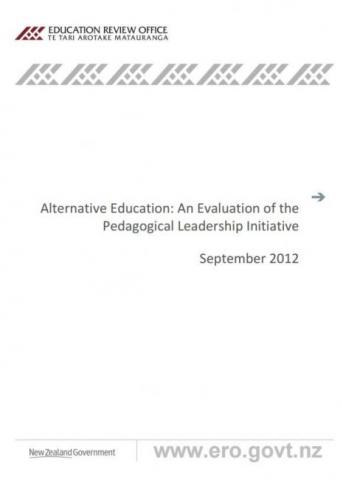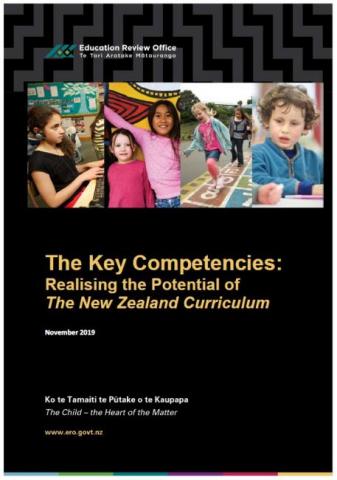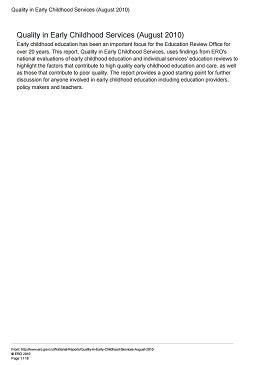Evaluation Judgement Rubric
Published: 02 Sep 2020
This Judgement Rubric is an evaluation tool for use in ERO’s evaluations of early childhood services and by the services in their internal evaluation. The rubric is based on the indicators in Te Ara Poutama|Indicators of quality for early childhood education: what matters most.
- Audience:
- Early learning
- Education
- Content type:
- Basic page
- Topics:
- Evaluation
- Te Whāriki
- Quality
- Collaboration to improve learner outcomes






